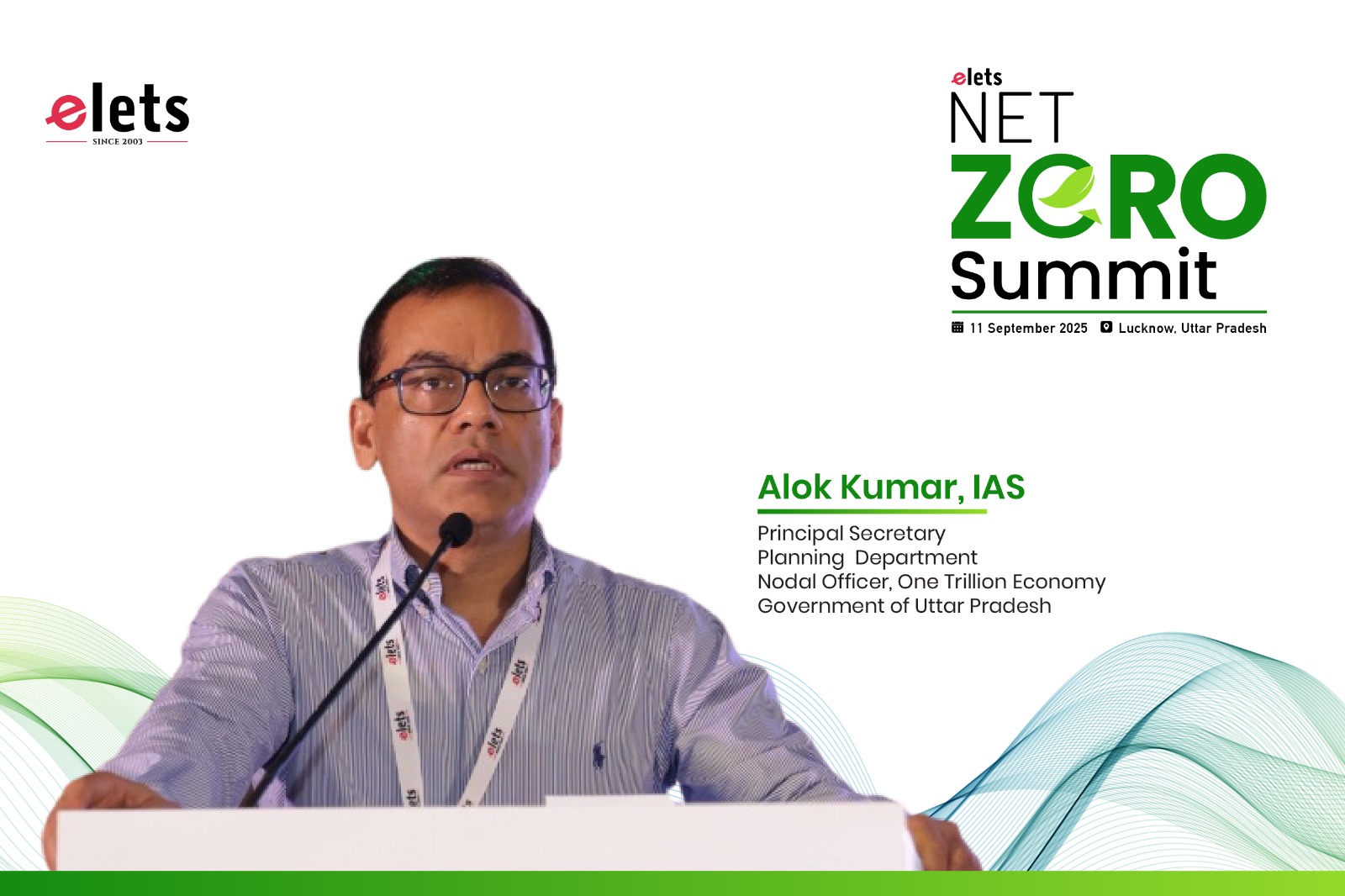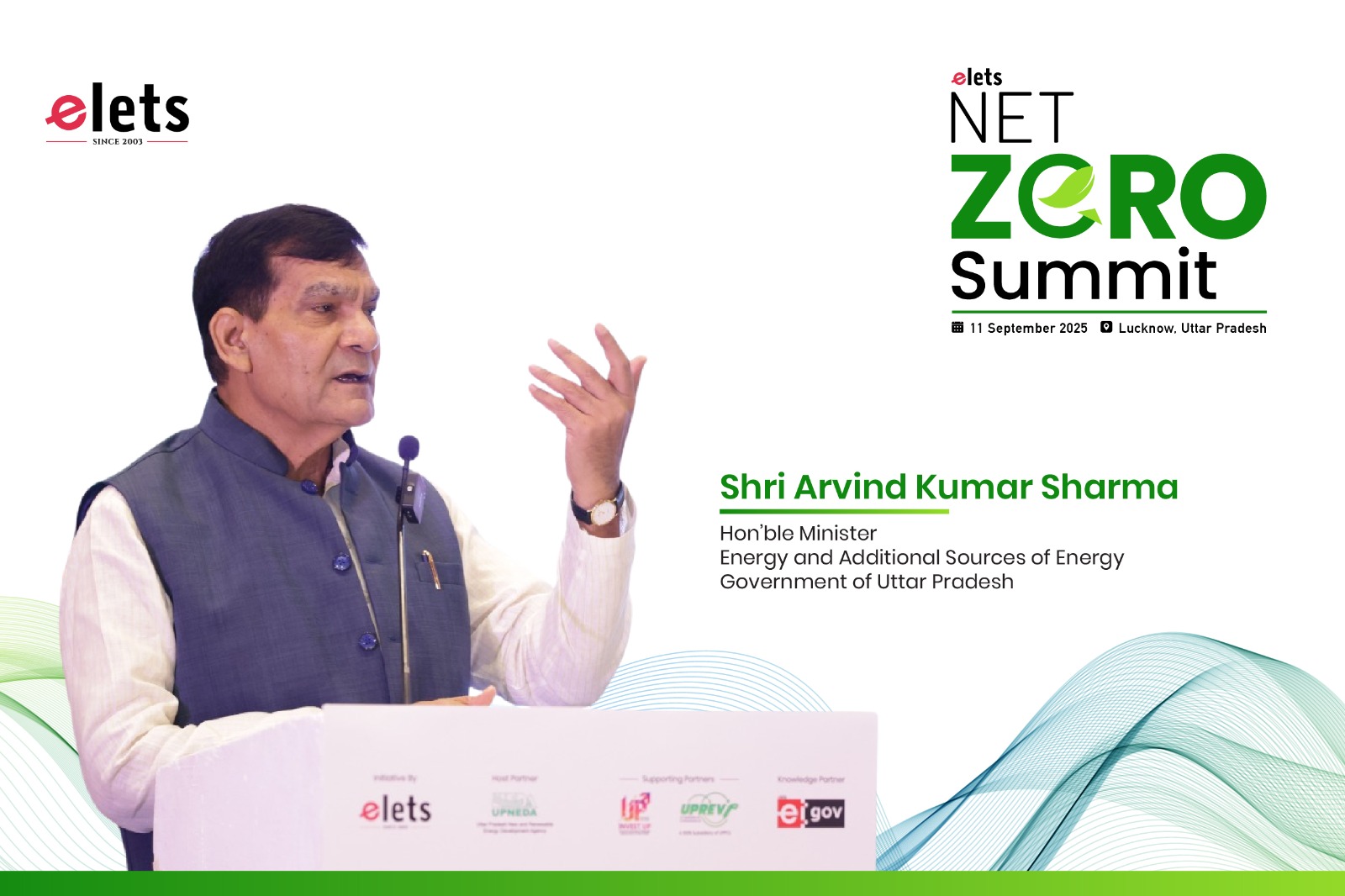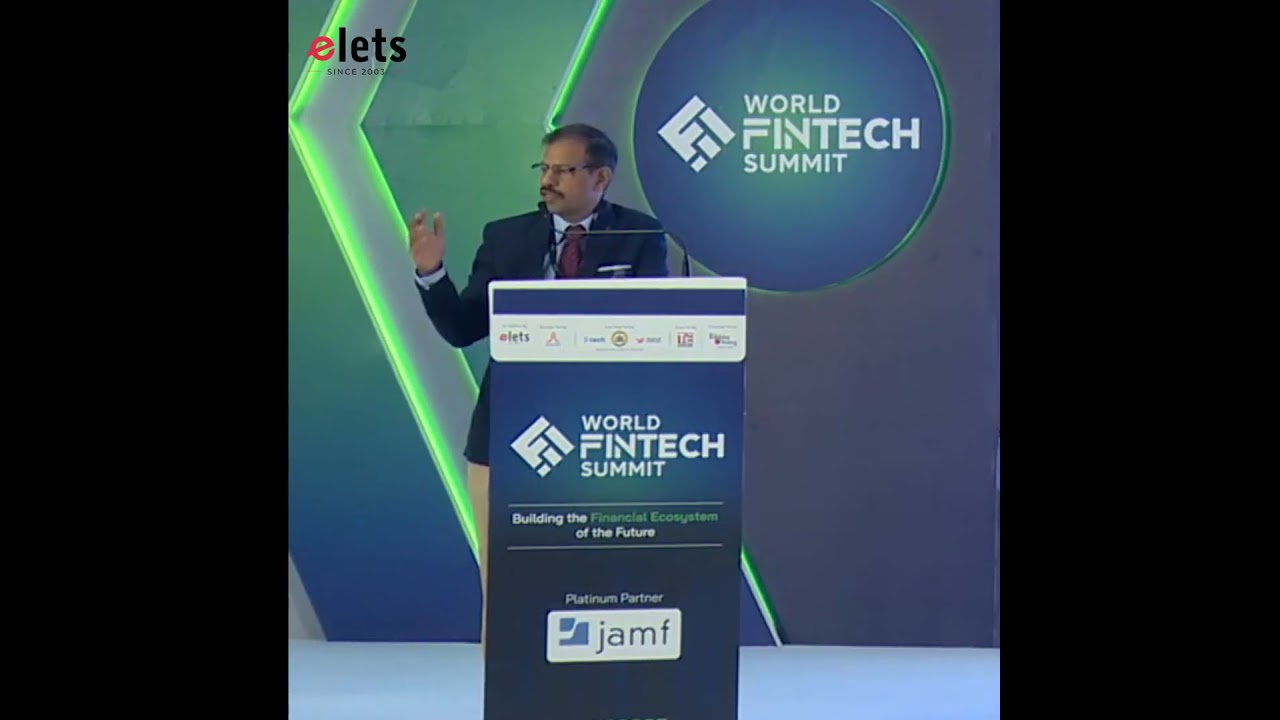
Introduction
As India strides towards a more digital and inclusive economy, it’s crucial to address how sectors like agriculture and rural development can be empowered through technology and financial innovation. In a recent panel discussion in Bangalore, key stakeholders from the public and private sectors—including experts from NABARD, Bharat Krishak Samaj, and various tech innovators—highlighted the transformative potential of digital initiatives like the AgriStack and the importance of inclusive growth. This blog dives deep into the insights shared, focusing on how fintech, data standardization, and intellectual property (IP) can define the future of India’s rural economy.
The Role of NABARD in Rural Development
Development Through Credit
NABARD (National Bank for Agriculture and Rural Development) has been at the forefront of rural development in India for over 40 years. Central to its mission is the concept of “development through credit,” extending beyond loan distribution to district-based credit planning. Through its Potential Linked Plans (PLPs) and State Focus Papers, NABARD contributes significantly to policy-making and budget planning for agriculture credit in India. In FY 2024–25, the agriculture credit target was set at ₹27 lakh crore—a testament to the scale of this initiative.
Microfinance and Financial Inclusion
One of NABARD’s most significant achievements is its microfinance program. Started as a pilot in 1992, the Self-Help Group (SHG)-Bank linkage initiative has now reached over 16 crore families. This program has empowered millions of women and extended financial services to remote and underserved regions including the North East, the Andaman & Nicobar Islands, and hilly terrains of Jammu & Kashmir.
Infrastructure and Institutional Development
NABARD also channels priority sector lending (PSL) shortfalls into rural infrastructure development. With over one lakh projects such as rural roads and irrigation systems, this initiative strengthens rural India’s physical and financial foundation. Moreover, it supervises and supports the institutional growth of more than 400 rural banking entities including cooperative and regional rural banks (RRBs).
Natural Resource Management and Climate Resilience
All of NABARD’s developmental activities—including watershed and orchard development—are aligned with natural resource management and climate resilience. By embedding Environmental, Social, and Governance (ESG) metrics into their programs, NABARD ensures sustainability along with progress.
Technology’s Role in Shaping the Future of Agriculture
Digital Agri Stack and Data Standardization
NABARD is pioneering the development of a Digital Agri Stack, partnering closely with the Government of India. This stack consolidates 30–40 years of granular, district-level agriculture data to power scalable APIs for use by banks and fintechs. Key components include:
- Scale of Finance Registry: Standardizes crop names, land measurement units, and financial inputs to remove inconsistencies across regions and banks.
- Unit Cost Registry: Guides investments in dairy, fisheries, and mechanization by offering standardized cost inputs.
- Geospatial Data: GIS-based data for accurate, location-specific agricultural planning and support.
Unlocking the Entrepreneurial Farmer
With regions like Mandya showing India’s highest rural GDP, the focus is shifting from subsistence farming to entrepreneurial agribusiness. The stack and other digital tools enable precision in financing and resource allocation, creating new opportunities for rural income growth.
Challenges in Agri-Fintech and Regulation
Data Monetization and Farmer Rights
Ajay Jakhar, Chairman of Bharat Krishak Samaj and an advocate for farmer rights, raised pertinent issues about data use and equity. While fintech enables efficiency, the unregulated sharing of farmers’ data—often without their consent—raises privacy and ethical concerns. Jakhar emphasized that while commercial entities benefit from data, farmers must also gain value in return.
Monopolization Risks in Fintech
Jakhar also warned about the risks of financial monopolies. Citing platforms like Alipay in China, he advised Indian regulators to ensure that no single entity gains disproportionate control over national financial ecosystems. Robust regulatory frameworks are crucial for fair competition and innovation.
Public Policy and Private Influence
A significant concern underlined was the undue influence of private and philanthropic organizations on public policy formation. Jakhar argued for complete transparency and government-led architectures in fintech and agriculture reform to avoid conflicts of interest and ensure public accountability.
The Untapped Potential of GI-Tagging and IP Rights
Intellectual Property Rights (IPR) in agriculture is an underexplored domain. GI-tagging—Geographical Indications—adds value to indigenous products, linking them to their cultural and spatial origins. NABARD has identified and supported dozens of products: from Ramban honey in Jammu & Kashmir to Pochampally sarees in Andhra Pradesh.
A touching real-world story came from the Sundarbans, where women producing a local sweet called maladu saw their livelihood transformed through GI-tagging, extended shelf life using dry ice, and digital marketing. This case exemplifies how IP can empower grassroots entrepreneurs and bring local products to global markets.
Conclusion: Charting a Future of Inclusive Growth
India’s digital future in agriculture is not just about innovation—it’s about inclusion. Programs such as the Digital Agri Stack, infrastructure development, and microfinance have already laid the groundwork. But for true inclusive growth, stakeholders must address concerns around data privacy, equitable value sharing, and regulatory integrity.
Organizations like NABARD demonstrate that holistic, grassroots-driven approaches are key to transforming rural India. Meanwhile, voices like Ajay Jakhar’s serve as crucial checks to ensure that progress does not come at the cost of marginal communities. As India reimagines its agri-fintech future, it must strive for a balance between efficiency and equity.
Have thoughts or questions about India’s digital agri-revolution?
Share your insights in the comments below or reach out to the contributors of this powerful conversation.
Be a part of Elets Collaborative Initiatives. Join Us for Upcoming Events and explore business opportunities. Like us on Facebook , connect with us on LinkedIn and follow us on Twitter, Instagram.
"Exciting news! Elets technomedia is now on WhatsApp Channels Subscribe today by clicking the link and stay updated with the latest insights!" Click here!













